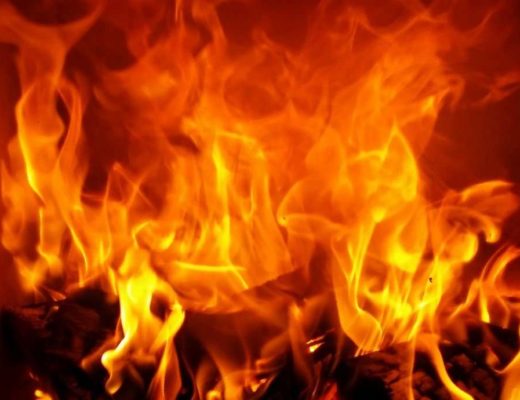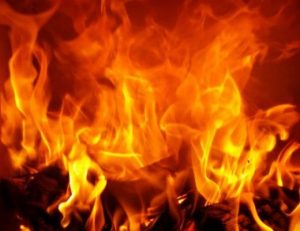
- By: News
- 0 comment
- Transnet Pipelines is looking for drones, spies, and an army of some 150 people to help guard its pipeline network.
- Thieves are now digging up its pipes and installing their own valves to siphon off fuel, Transnet says.
- Guarding 3,800 kilometres of pipelines isn’t easy, so it wants both a helicopter strike force and help infiltrating criminal syndicates, to prosecute those who sell the fuel in neighbouring countries.
- Its new team should be capable of “policing duties” Transnet says.
- For more stories go to www.BusinessInsider.co.za.
State-owned company Transnet wants to put together a miniature air force and a small army to guard its under-siege fuel pipelines.
That, it hopes, will provide the surveillance and rapid deployment capability it needs to cover 3,800 kilometres of pipeline network from those intent on siphoning fuel, apparently for sale in neighbouring countries.
It also wants intelligence and prosecution capabilities, ranging from infiltrating syndicates to driving criminal complaints against thieves, so that it can gain the upper hand in what resembles an escalating war.
By June Transnet had reported 21 incidents of tampering on one of its fuel pipelines, and warned such incidents could lead to in-land fuel shortages. In late December fires broke out on a pipeline due to what Transnet said had been attempted theft.
At first theft attempts came at pump stations, then moved to block valves where there are no physical security measures in place, the company says. Most recently criminals have been known to simply “dig holes to access the pipe”, then attached their own valves.
Now it is looking for “an added advantage”.
One part of that, its recent requests to the market show, will be a fleet of eight drones. Those must be able to take off from anywhere, fly for up to 90 minutes and at a range of at least 10 kilometres from an operator, and “detect suspicious vehicles and persons”.
It wants drones capable of streaming full high-definition video back to base, with 9x optical zoom, and the ability to detect criminals hiding under vegetation at night with thermal cameras.
Transnet hopes such drone surveillance will enable it to rapidly deploy elements of an armed force numbering around 150 people. Four of those, armed with pistols and semi-automatic rifles, will be on standby between 18:00 and 06:00 every day, with a dedicated helicopter to rush them where needed.
Another 29 teams of five people each will use 4×4 vehicles to get around, and provide “policing capability”, including gathering evidence for use in later prosecution.
Their duties will go well beyond managing crime scenes, though. Its outsourced security team will be expected to “engage in hostile situations” and will be “doing undercover and clandestine operations”, Transnet says bluntly.
Part of the job will be infiltrating syndicates, identifying those who sell stolen fuel in neighbouring countries, pushing for criminal prosecution, and helping to recover fuel where possible.
It expects to see a reduction of at least 30%, year on year, in “high crime incidents” from its security contractor, Transnet says.
(Compiled by Phillip de Wet)
https://www.businessinsider.co.za/transnet-pipelines-wants-drones-and-intelligence-contractors-to-fight-syndicates-2020-8



